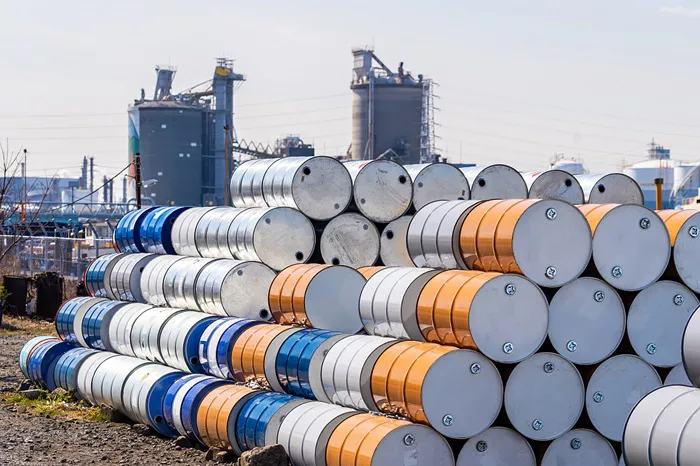Oil prices edged higher in early Thursday trading in Asia, recovering from a significant sell-off the previous day, following a sharp increase in March oil prices by Saudi Arabia’s state oil company, Saudi Aramco.
By 0148 GMT, Brent crude futures had risen 14 cents, or 0.19%, to $74.75 per barrel, while U.S. West Texas Intermediate (WTI) crude climbed 18 cents, or 0.25%, to $71.21 per barrel.
The price rebound follows Saudi Aramco’s announcement on Wednesday that it would significantly raise prices for March deliveries to buyers in Asia, spurred by rising demand from China and India, as well as disruptions in Russian oil supply due to U.S. sanctions. Saudi Aramco also raised prices for all other regions, signaling that the new sanctions on Russia are starting to affect global oil flows. Market analyst Tony Sycamore from IG noted that “the Saudis have been able to take advantage of a tighter market.”
In December, the U.S. imposed new sanctions targeting Russian oil trade, including measures against “shadow vessels” believed to be used to bypass trade restrictions.
Sycamore also highlighted that the overnight sell-off, combined with the Saudi price hike, likely triggered buying from traders covering short positions ahead of strong support around the $70-68 range.
Oil prices had dropped more than 2% on Wednesday, primarily due to a large build-up in U.S. crude and gasoline inventories, which signaled weaker demand. Additionally, investors were weighing the potential impact of new U.S.-China tariffs, including duties on energy products.
While some analysts believe that the tariffs could push oil prices higher, others, such as those from BMI, caution that the overall effect could be bearish, as the tariffs may have negative consequences for the global economy. President Trump’s willingness to offer carve-outs for energy to limit supply disruptions could further mitigate the impact.
The 10% tariffs imposed by the U.S. on China last Tuesday were seen as falling short of the more aggressive measures originally hinted at by President Trump. In response, China announced tariffs on U.S. oil, liquefied natural gas (LNG), and coal imports. However, analysts noted that China’s relatively modest purchases from the U.S. could lessen the impact of the new duties.
Related topics:
What Real Estate Stocks Should I Invest In?
What Oil Stocks Should I Invest In?
Castings’ ROE: A Look at Resilience Amid Recent Stock Decline


